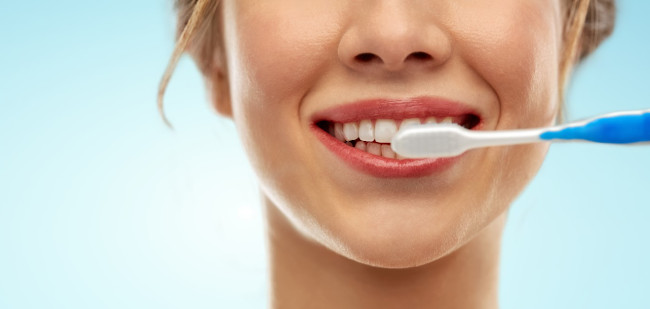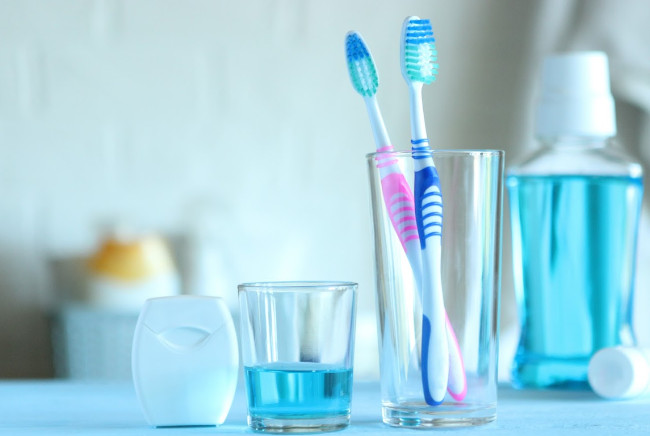
Oral hygiene isn’t as simple as it appears to be. You may think that not taking care of your teeth can only result in less appealing smiles, but that’s not all there is to it. Oral hygiene can make a huge impact on one’s overall wellness. A healthy mouth can contribute to having a healthy body that’s why it’s never too late to start getting into a good oral hygiene routine.
Why Oral Health Matters
Good oral health can potentially reduce the risk of acquiring serious diseases. If you don’t know it yet, chronic inflammation caused by gum diseases can be linked to cardiovascular issues such as strokes and heart disease. As the mouth serves as initial access to respiratory and digestive tracts, it must be free from bacteria.
So, the next time you think twice about maintaining good oral hygiene or removing the wisdom tooth that’s been bugging you for a while, you should consider how such little things could extremely affect your overall health.
Incorporating Oral Health Into Your Wellness Routine
Ever since you’re a child, your parents have surely taught you to brush your teeth twice or thrice a day. That remains to be true and it’s one of the best ways to take care of your gums and teeth. In addition, here are some ways to better care for your mouth and how you can better incorporate it into your wellness routine:
- Be More Particular With Your Toothbrush
Not all toothbrushes are made equal. While those with firm bristles can make your mouth feel cleaner, they can actually damage your teeth over time. Abrasive bristles can hurt your gums and could result in bleeding or swelling, especially if you’re used to brushing your teeth vigorously.
It’s recommended to go for soft-bristled toothbrushes that gently clean your gum line while also massaging the gums evenly. When brushing your teeth, don’t do it fast or firm; instead, do it in a gentle manner with just a little amount of pressure.
- Floss Daily
People tend to forget that flossing is just as important as brushing your teeth. It’s important to remember that flossing your teeth can greatly help in reducing plaque, stimulating the gums, and preventing inflammation. If you find it difficult to floss regularly because of your busy schedule, look for ways to incorporate it into your daily routine.
For example, every day after lunch, take time to go somewhere private (your office or the comfort room) to do your flossing activity. You don’t have to do it several times a day as once should be enough.
- Increase Your Water Intake
Drinking water is always a recommendation when it comes to improving overall wellness. And as far as oral health is concerned, water still remains the best beverage to consume. Drink water after every meal to ensure you’re able to include it in your usual routine. Aside from keeping you hydrated, it also helps in washing out acidic and sticky residues from the food and beverages you consume.
- Don’t Forget Your Tongue
Bacteria can also build up on your tongue so you shouldn’t neglect that part of your mouth when brushing. Forgetting to clean your tongue can result in discoloration and even bad breath. So, make sure you remember to brush and scrape your tongue as you go about your usual oral hygiene.
To do it right, start from the very back and then gently work your way through the tip. Clean the top surface well and when you’re done, rinse your mouth thoroughly.

- Limit Your Intake Of Acidic And Sugary Foods
Do you remember how you’re always told to avoid sugary food if you don’t want your teeth to go bad? Well, your parents weren’t lying then. Sugar turns to acid inside the mouth, and that can weaken the enamel of your teeth. Ultimately, these acids can result in cavities or tooth decays.
Similarly, acidic foods also damage the enamel of the teeth, so it’s best to limit your intake of both sugary and acidic foods to prevent cavities. You don’t have to avoid them completely, but being mindful of how much you eat can go a long way in maintaining good oral and overall health. Furthermore, eating healthy is one surefire way to self-care and maintaining your ideal weight.
Good Oral Health Means Wellness
As you can see, it’s important that you know how to take care of your mouth and teeth. Neglecting to do so can lead to different health issues that could affect your overall wellness. So, pay more attention to your oral hygiene and make sure you do your best to incorporate it into your daily wellness routine.



